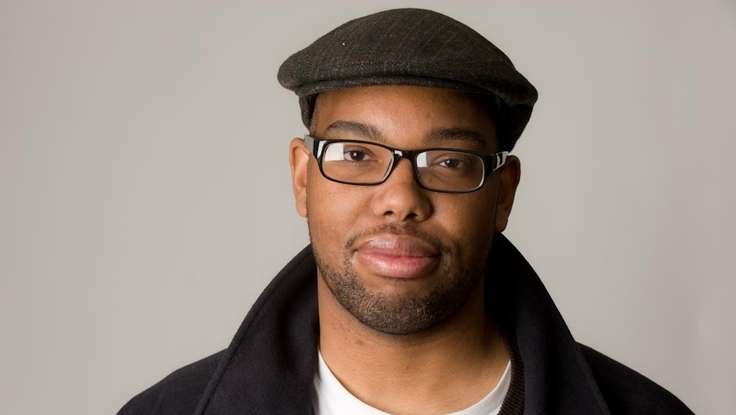Ta-Nehisi Coates and the History Our Kids Need to Contemplate

Toni Morrison rightly compares Ta-Nehisi Coates to James Baldwin. I hope all high school students read Coates' Between the World and Me, "The Case for Reparations,"and/or his other journalism. I have my doubts that enough students are reading Coates in class, so I'll offer some of his insights that should be worked into schools' standards of instruction.
Coates shares a letter to his teenage son with us. Teachers should share his writing with our students. Coates is pleased that his son will be able to know about the whole world, but even as he expresses the "cosmopolitan wish," Coates recalls "the old power of ancestry ..." He wants his son "to know the world in its entirety," and that it can't be found "in the schools, alone, nor on the streets, alone." Referring to the famous insult by Saul Bellow, he wants "'Tolstoy is the Tolstoy of the Zulus' to immediately be obvious to you."
Coates tells his son that there is strength in the hood and wisdom in those streets, and that he must respect the common struggle. When doing so, Coates reminds his son "that wisdom is not unique to our people," but "I think it has special meaning to those of us born out of mass rape."
I hope history teachers already introduce students to the complex story of the concept of "race," and how it comes from history, economics and power relationships, not biology. I doubt many of us convey that lesson as concisely as Coates, who explains that "naming 'the people' has never been a matter of genealogy and physiognomy so much as one of hierarchy." In other words, "race is the child of racism, not the father."
Coates realizes that white Americans also are a "new people." They were Catholic, Corsican, Welsh, Mennonite and Jewish before they were white. White people are "like us, a modern invention. But unlike us, their new name has no real meaning, divorced from the machinery of power." Coates finally concludes, "They made us into a race. We made ourselves into a people."
From an early age, Coates was politically conscious. Although he did not feel comfortable in school, he was home in the library. He "was made for the library, not the classroom. The classroom was a jail of other people's interests." And, Coates teaches his son the lesson that all teachers should pass on to their students, that Ta-Nehisi Coates and the History Our Kids Need to Contemplate | John Thompson:
